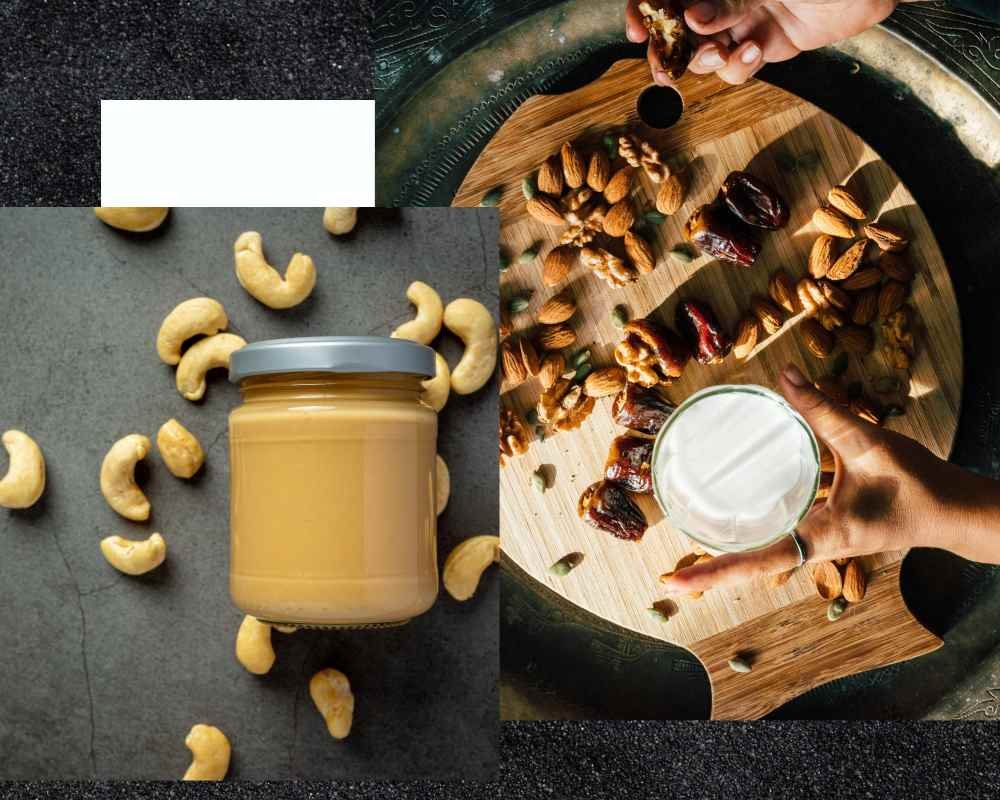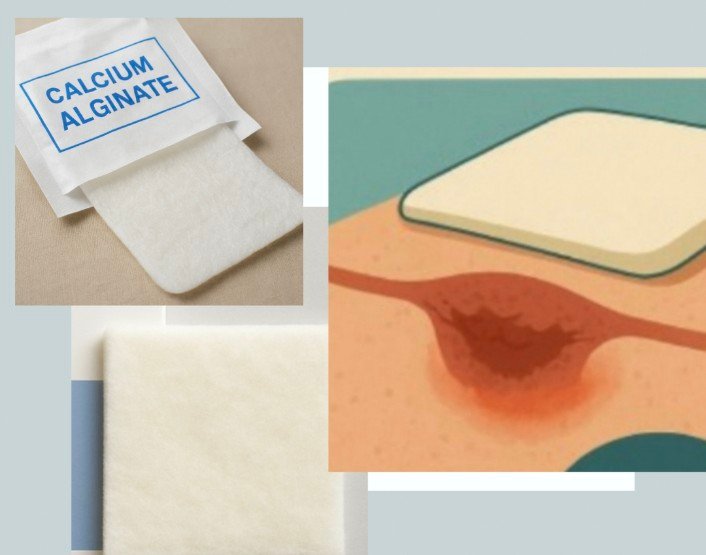
Looking for a dairy alternative to heavy cream that works in your favorite recipes? Coconut cream tops the list with its rich, velvety texture, perfect for soups, sauces, or whipped toppings. Simply chill a can and scoop out the thick cream for best results.
Cashew cream, made by blending soaked cashews with water, offers a smooth, neutral flavor ideal for savory dishes or desserts. Oat cream, now widely available, brings a subtle sweetness and works well in coffee or baking.
For a store-bought option, soy or almond-based creams provide convenience without sacrificing creaminess. These alternatives suit vegans, lactose-intolerant folks, or anyone seeking healthier options. Always check labels for additives, and experiment to find the perfect match for your taste and dietary needs!
Stay tuned for more in this series, where we’ll explore other exciting dairy-free swaps, tips for perfect recipe substitutions, and how to balance flavor and nutrition in your plant-based cooking adventures!
What We’ll Cover in This Guide to Dairy Alternatives to Heavy Cream
How to Replace Heavy Cream: Texture, Taste & Health Compared

Finding a dairy alternative to heavy cream means balancing texture, cooking performance, and health impacts. Coconut cream is a top choice, mimicking heavy cream’s rich, velvety texture, perfect for sauces or whipped toppings. It’s stable when heated, but its distinct flavor may shine through. Cashew cream, blended from soaked cashews, offers a neutral taste and smooth consistency, ideal for creamy soups or desserts. For cooking, oat cream provides a light, neutral option but may thin out under high heat.
Fat content varies: coconut cream is high in saturated fat, similar to heavy cream, which may concern heart-conscious eaters. Cashew and oat creams often have lower fat, making them less heavy but still creamy. Always check labels, as some alternatives add sugars or oils. For healthier options, choose unsweetened versions with minimal additives. Experiment to match your dish’s needs—coconut for richness, cashew for versatility, or oat for lighter recipes.
Switching from Cream to Milk Alternatives

Finding a dairy alternative to heavy cream starts with plant-based milks like coconut, soy, or cashew. Coconut milk, thick and velvety, mimics heavy cream’s richness, perfect for soups or desserts, though its distinct flavor may shine through.
Soy milk, neutral and versatile, works well in savory dishes but may require blending with oils for creaminess. Cashew milk, naturally creamy, elevates sauces but suits those without nut allergies. Health-wise, these options often cut calories and cholesterol compared to dairy, supporting vegan and lactose-free diets.
Be cautious of added sugars or thickeners in commercial products—check labels or make your own for better control. Consider nutritional needs, like protein from soy or heart-healthy fats from nuts. Test these dairy-free swaps to find the best fit for your recipes and health goals.
Selecting a Dairy-Free Heavy Cream Based on Health Preferences

Choosing a dairy alternative to heavy cream depends on your body’s needs. Coconut cream has a rich texture but is high in saturated fat, which may not suit heart-healthy diets. Cashew cream is protein-rich and lower in fat, making it a good option for balanced nutrition. Oat cream is lower in calories and supports weight management, though it may lack creaminess. Always choose unsweetened options to avoid added sugars. For allergies or specific dietary needs, consult a doctor or dietitian for safe, personalized guidance.
Choosing a dairy alternative to heavy cream depends on your body’s needs. Coconut cream has a rich texture but is high in saturated fat, which may not suit heart-healthy diets. Cashew cream is protein-rich and lower in fat, making it a good option for balanced nutrition. Oat cream is lower in calories and supports weight management, though it may lack creaminess. Always choose unsweetened options to avoid added sugars. For allergies or specific dietary needs, consult a doctor or dietitian for safe, personalized guidance.

